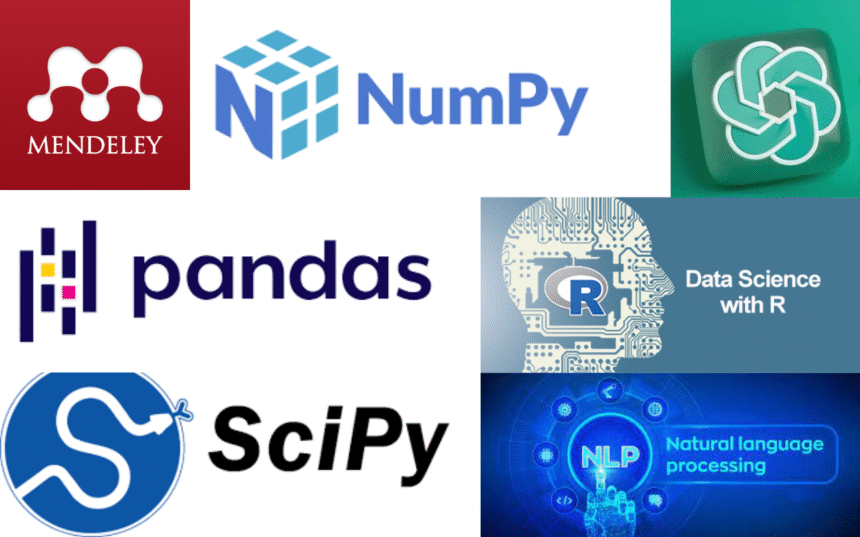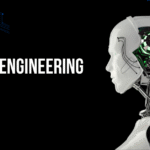Academic research has become increasingly reliant on artificial intelligence (AI) tools, from automating laborious tasks to powering predictive analytics. However, with so many AI tools available, it can be challenging to determine which ones are best suited for the task at hand.
One popular AI tool is Google Scholar, a search engine for scholarly literature. Researchers can use it to quickly find articles, papers, and citations in their field of study. Google Scholar also provides a “cited by” feature, which allows researchers to see who has cited a particular article or paper, giving them insight into the article’s impact on the field.
Tech Giants Call for Halt to Powerful Artificial Intelligence Systems
Another widely used AI tool is Mendeley, a reference manager and academic social network that helps researchers organize and share their research papers. Mendeley allows users to create a personalized library of research papers, annotate and highlight them, and collaborate with others on research projects.
For those involved in data science, Python has become the go-to programming language. It offers a wide range of libraries for data analysis, machine learning, and statistical modeling, such as pandas, NumPy, and SciPy. Python’s simplicity and readability make it easy to learn for beginners, while its versatility and flexibility make it suitable for advanced users.
“Ethics Group Urges FTC to Halt OpenAI’s GPT-4 Release Citing Bias, Deception, and Risks to Privacy and Safety”
Another popular AI tool for data science is R, a programming language and environment for statistical computing and graphics. R is used for data analysis, visualization, and machine learning, and has a vast library of packages that extend its functionality.
In the field of natural language processing (NLP), the Natural Language Toolkit (NLTK) is a widely used AI tool. It provides a suite of libraries and programs for symbolic and statistical NLP, including tokenization, stemming, tagging, parsing, and semantic reasoning.
One of the newer AI tools in the academic world is Microsoft Academic, a research paper search engine that uses machine learning to help researchers find relevant papers quickly. Microsoft Academic can search for papers by keyword, author, or topic, and provides a range of filters to help narrow down the search results.
For researchers involved in image analysis, ImageJ is a powerful AI tool for processing and analyzing images. ImageJ offers a range of features, such as image enhancement, segmentation, and measurement, and is used in a wide range of fields, from biology to materials science.
Finally, for researchers who need to create interactive visualizations of their data, Tableau is a popular AI tool that allows users to create dynamic charts, graphs, and dashboards. Tableau offers a drag-and-drop interface that makes it easy to create visualizations, and has a range of built-in functions for data manipulation and analysis.
In conclusion, there are many AI tools available to researchers, each with its own strengths and weaknesses. By understanding the capabilities and limitations of these tools, researchers can choose the best one for their needs, allowing them to work more efficiently and effectively. From search engines to programming languages and visualization tools, AI is transforming academic research in many ways.











